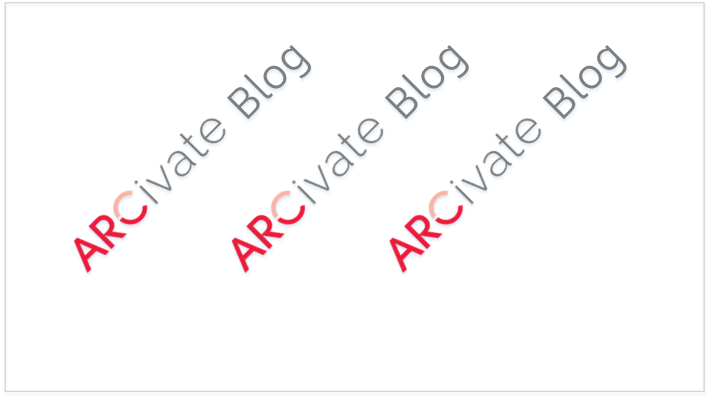
Eight ways to communicate with your suppliers
Best Practices for your Accounts Payable team to communicate with your suppliers when implementing change
Change is hard. When implementing new technology, whether it’s Oracle ERP Cloud, EBusiness Suite or something else, you have to remember that, even if it is going to enhance the way people do their job, careful consideration needs to be given to how that change is going to be implemented.
It's not just about the technology; it's about communication. This means not only communicating with your team, but also with your suppliers, focusing on the benefits they will also gain. Because you want your team and your suppliers to start working differently, and they might not necessarily see that as a positive change.
 You need to continually involve your team in the process and keep them informed about what to expect. How you engage them in the process of change can make the difference between success and failure.
You need to continually involve your team in the process and keep them informed about what to expect. How you engage them in the process of change can make the difference between success and failure.
Here are some observations and ideas from our experiences that we know work – our top eight tips for getting what you need from your suppliers.
We would not expect you to implement all of them but look at what could work for your organisation and see which ones you could implement to gain some quick wins.
For more information, you can also listen to our podcast on Accounts Payable Supplier Communications Purchase-to-Pay Best Practices to maximise invoice automation
How to communicate with your suppliers to enable faster payment
To get the best out of your software, you need your suppliers to be sending invoices in a certain format. Here’s how you could communicate this to them:
1. Diagrams and images
Diagrams and images are much clearer than words, so a good picture will always work better over mountains of instructions.
2. Vendor Invoices
Use a sample vendor invoice and show them what you want and where, before you implement anything.
3. Instructions
Be clear on specific instructions for your different types of suppliers and what you require and why.
4. What is a PDF Invoice?
When you ask for a PDF Invoice explain what you really mean - an invoice that has NOT been scanned but cleanly electronically produced.
5. Advice
For your suppliers that do not follow your instructions or make it easy for you, consider how your procurement team can help by giving feedback to your suppliers. They can encourage suppliers to review their processes.
6. Encouragement
Offer encouragement; If they make it easy for you to work with and process their invoices, reciprocate by paying them promptly rather than making late payments.
7. Supplier Workshop
Hold a seminar or webinar for suppliers to hear what you want from them and make sure you listen to what they want from you. Working together has to work both ways.
8. Top Suppliers
Find out your biggest suppliers by volume (Top 50-100) and have meaningful conversations on how those suppliers are serviced to the best level of efficiency. You want them to be your ambassadors and producing invoices exactly how you want them. It might be time to reward them with a star award scheme.
For additional information on accounts payable, please see 
Master Data and Invoice Automation |
| The master data is used to drive the procure-to-pay process and is key to the success of invoice automation. Without it, it is difficult for any level of supply chain automation to be implemented. The use of master data helps to ensure that the procure-to-pay process is accurate and up to date. This includes verifying the accuracy of the data extracted from the invoice and ensuring that the process is compliant and without delays. |












